by: Ephraim Broschkowski, Climate Media Factory
The Climate Media Factory is a media, consulting and concept agency from Potsdam and a partner of the LOCALISED Project. For ten years now we have been helping our clients to shape societal discourses about the future.
When we communicate climate change and its impacts, there are always two main challenges we face: On the one hand, we don’t want to repel the audience with scary scenarios. On the other hand, we don’t want „to bore“ them with positive visions of the future, because static state descriptions, whether positive or negative, are not engaging.
Appeals to fear are mostly nonsensical. They can be effective when it comes to situations where a solution can be brought about very quickly like brushing teeth for example. One can say, “Oh dear, tooth decay, but just brush your teeth and the threat will be averted.” In the case of the problems for which sustainability seeks solutions, the individual and his*her*their behaviour alone are not sufficient to solve the problems. Presentations that focus solely on horror scenarios make people feel bad and are more likely to lead to aggression towards the sender than to indignation about the circumstance. And it’s not nice nor helpful to make someone feel bad either.
Therefore, in LOCALISED we will use a different approach. We don’t want to shock our audience or make them instantly feel bad about the future. The ambition is rather to impart knowledge and present how we imagine solutions. To achieve this we will focus on solutions, but even more, on the pathway to these solutions. These pathways are so important, because solutions alone are also not sufficient from a narrative point either:
Sometimes we have an impulse to show the beautiful tomorrow, the state of the world when it is set up and acts according to the guiding principle of sustainable development. This usually goes wrong as we know from our experience – But why is that so? From a narrative point of view, one can say: Fortunately, we have problems! Problems, obstacles and challenges, how they are dealt with and through what actions they can be overcome, arouses interest. As long as it is about problems and challenges and how to overcome them, presentations are captivating. The state afterwards is at best often just a pretty picture, nothing more.
So there is a gap between a problem and the final solution. And exactly this gap is what LOCALISED wants to address. The different pathways towards achieving a more sustainable future are the interesting part! And that is, what helps people to imagine what transformation of society means for them individually. We help them to understand what options they have to adapt to, how to mitigate the impacts of climate change, and how changes be implemented in a fair way, leaving no one behind. This understanding will be achieved also for example through „narratives of change for citizens“,„continuous story-telling“ and our tools and media outputs. And that is another advantage that the project brings and a strong starting point for storytelling: Because of the very concrete and regional focus, LOCALISED is not abstract. The results will be transferable to very concrete life circumstances. Because of this relevance, we have very good prerequisites to arouse interest. Ultimately, stories are nothing more than an experimental set-up that enables mental trial action and to follow the experiment, you have to be interested in the outcome.
But it is not only about what to narrate. It is also about the position of the narrator: Climate Media Factory has understood that knowledge, even if presented in an entertaining and scientifically sound way, does not necessarily lead to behavioural change. We will therefore develop communicative approaches and media presentations that are directly connected to the transformative processes we are looking at. With our contribution we will hopefully support societal negotiation processes and offer decision-making support towards sustainable future scenarios.
You will find more soon – on this website and the blog as well. Stay tuned!
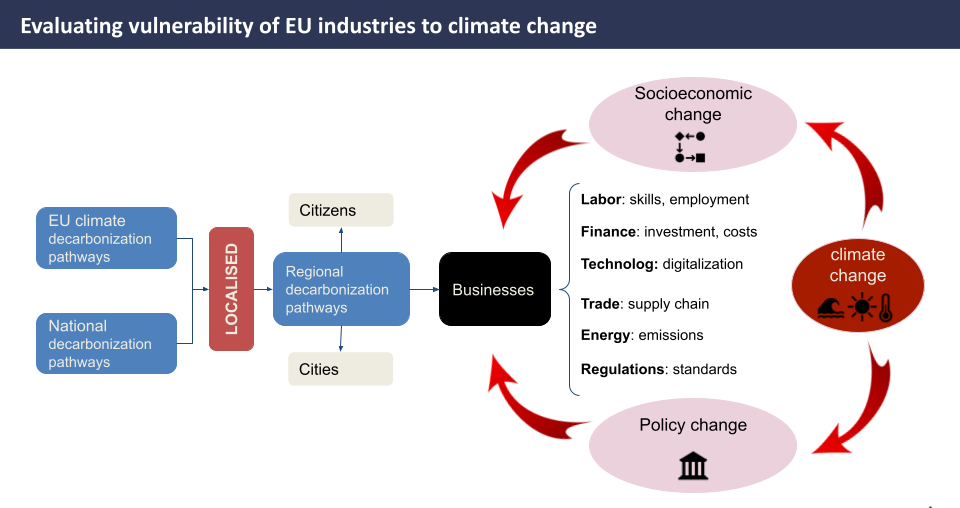


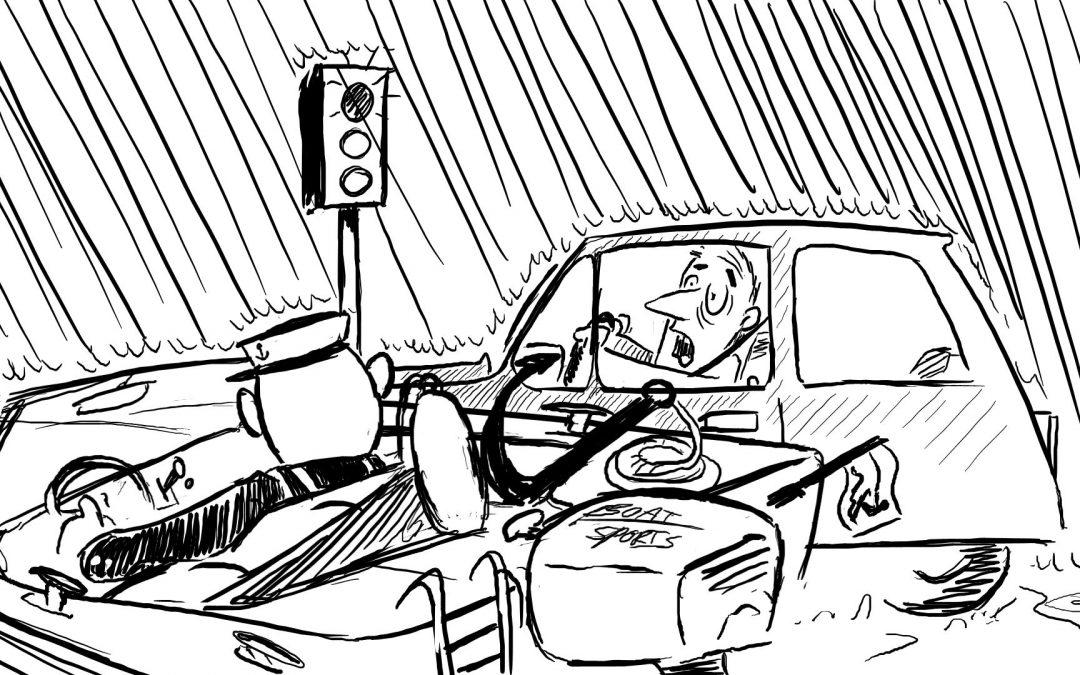
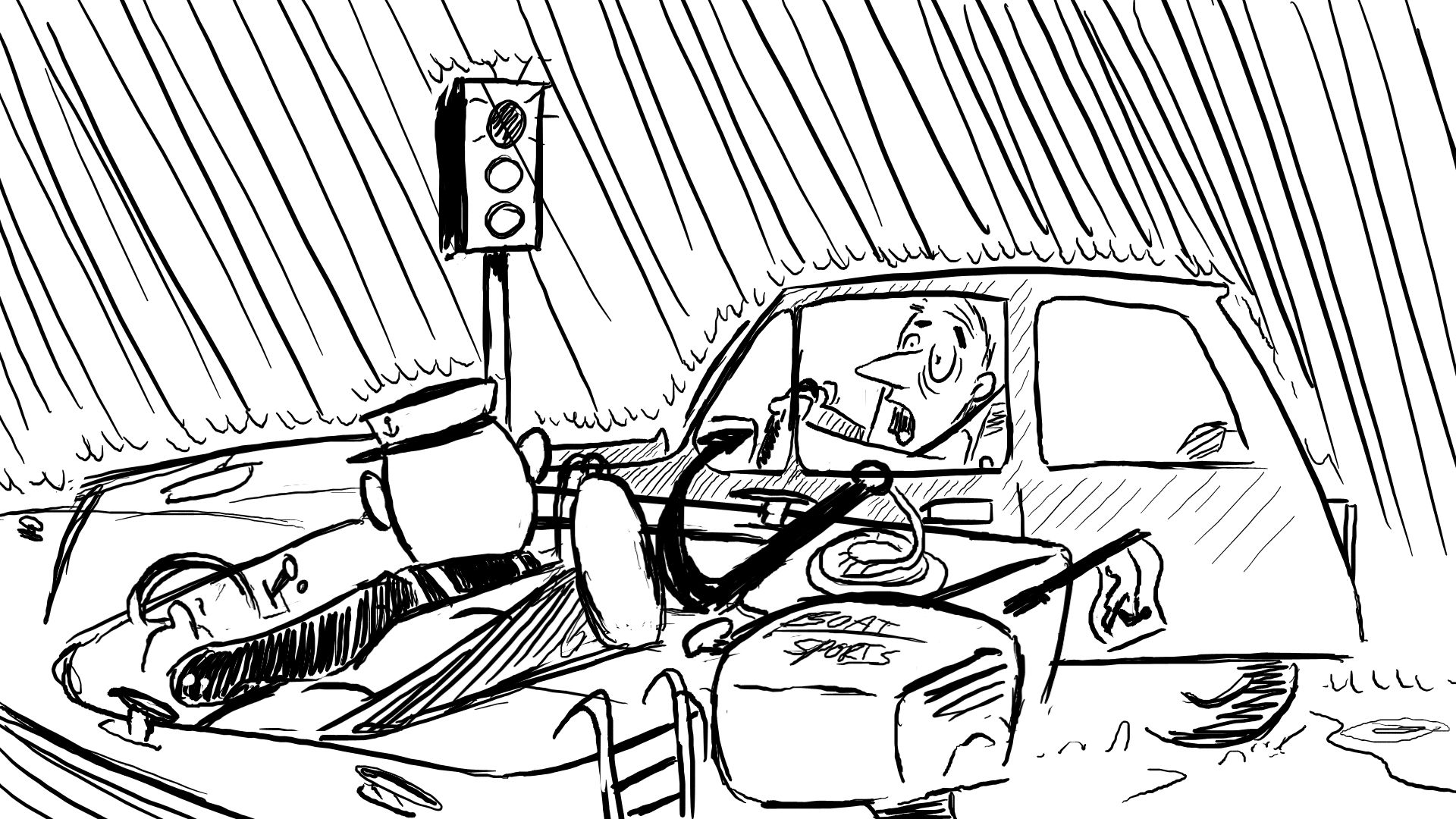
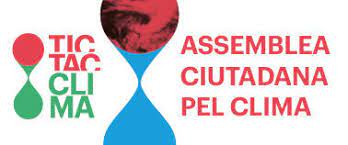
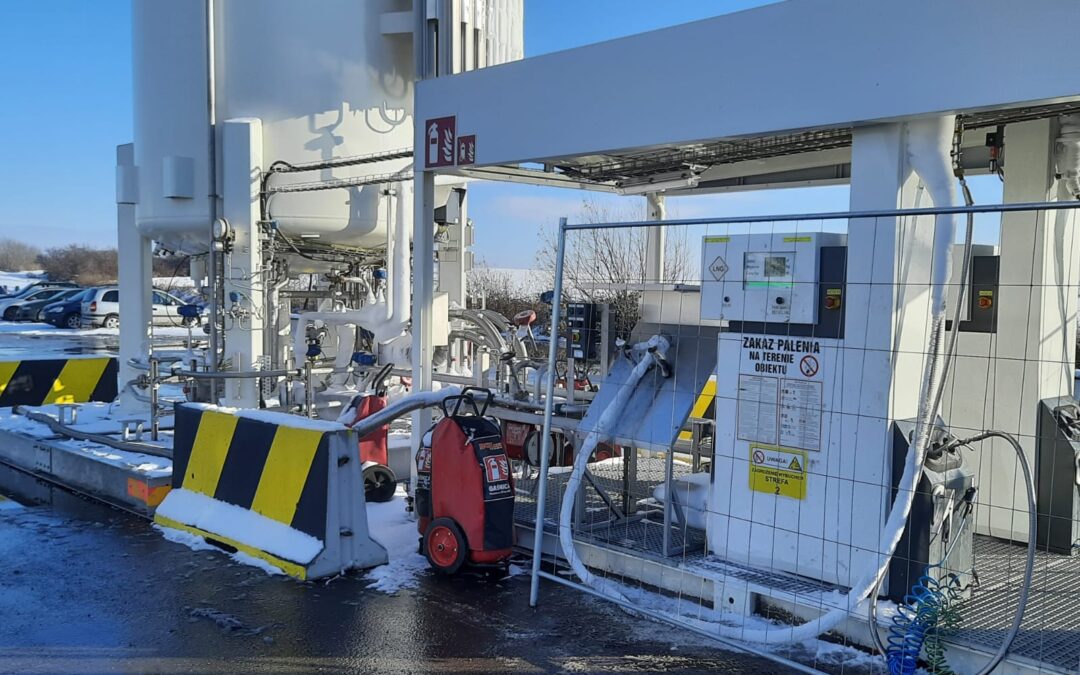
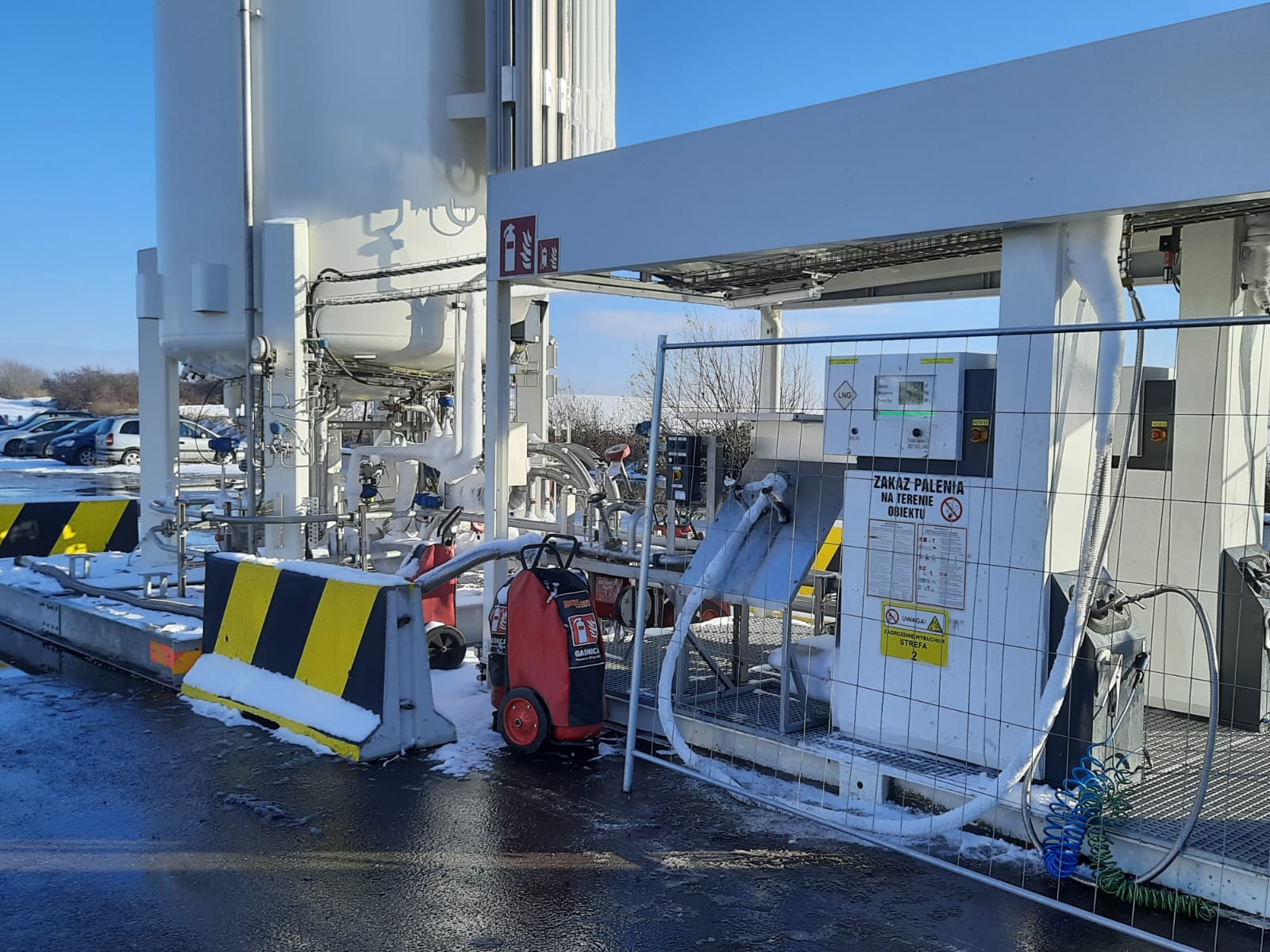
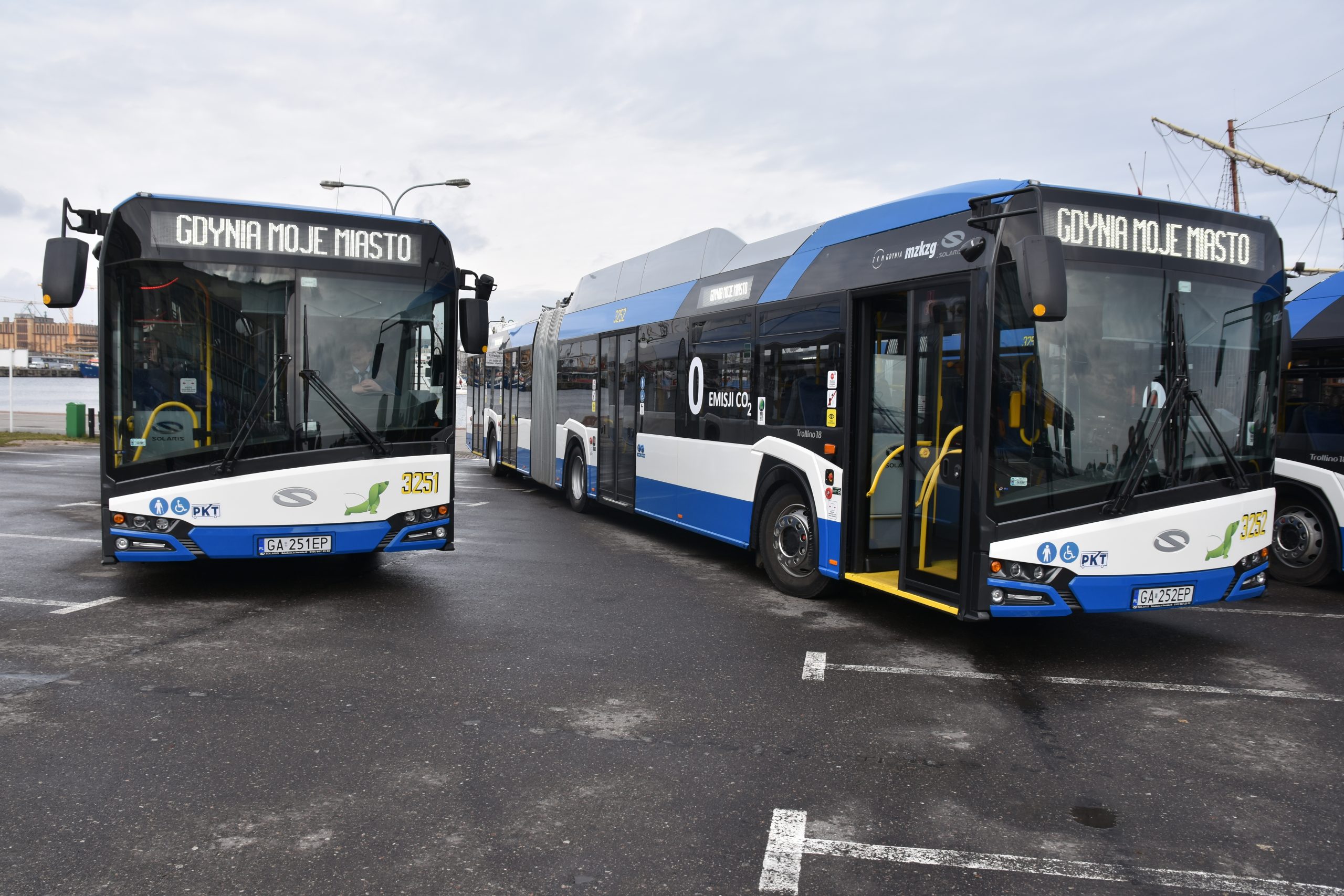
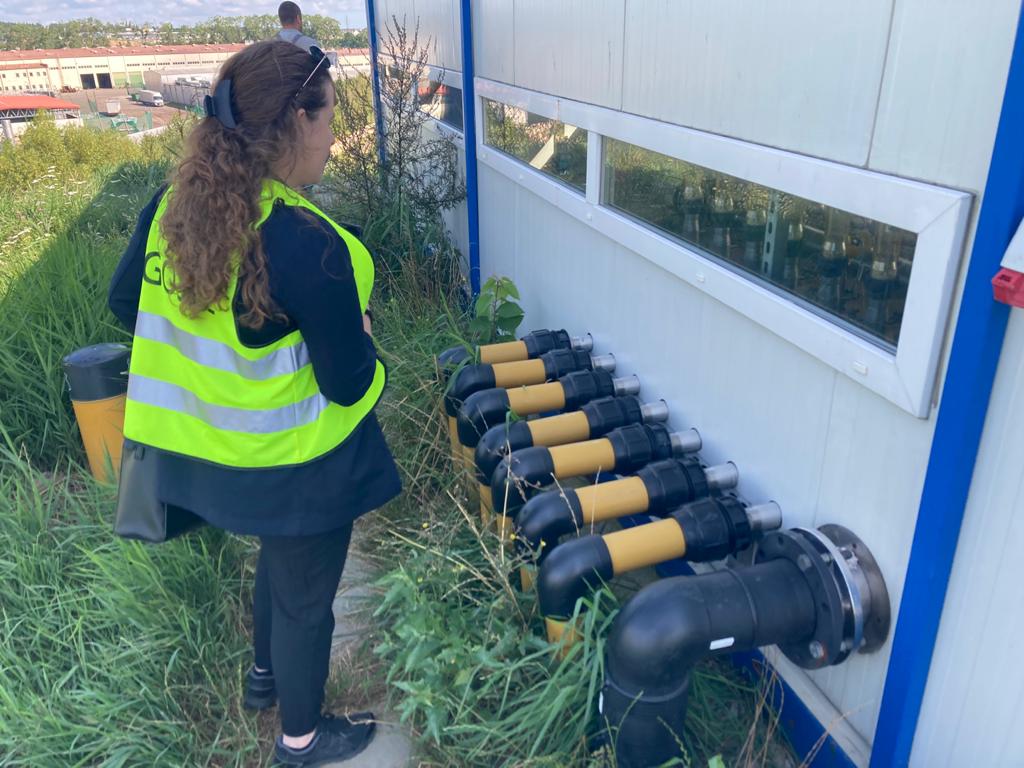
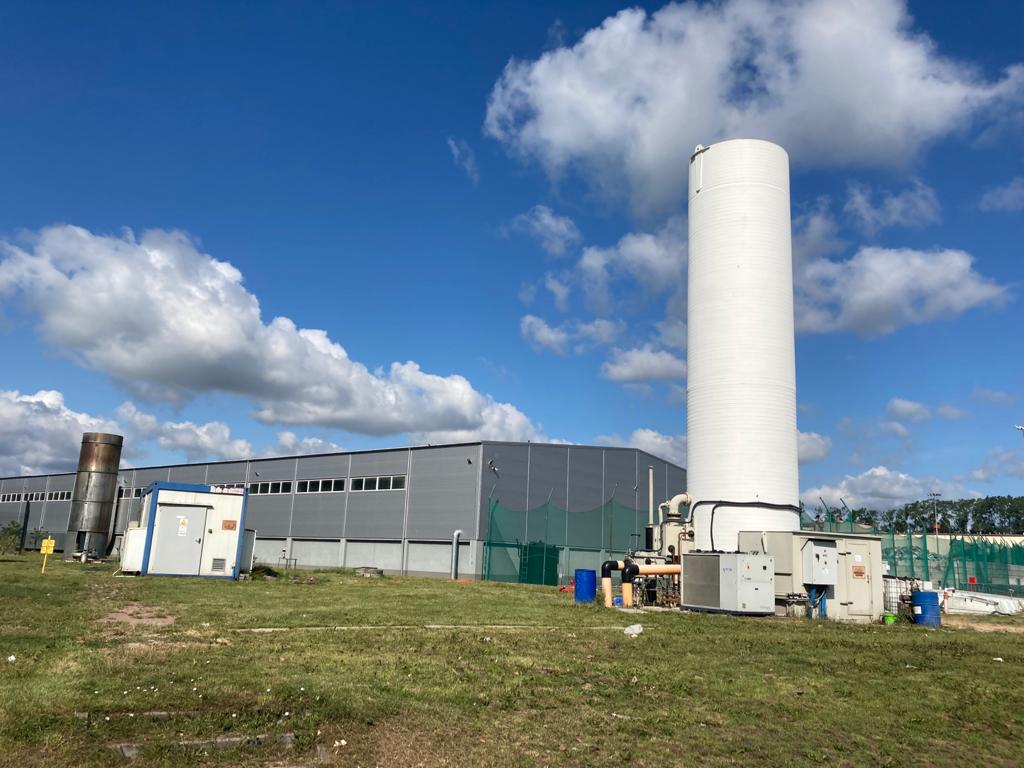
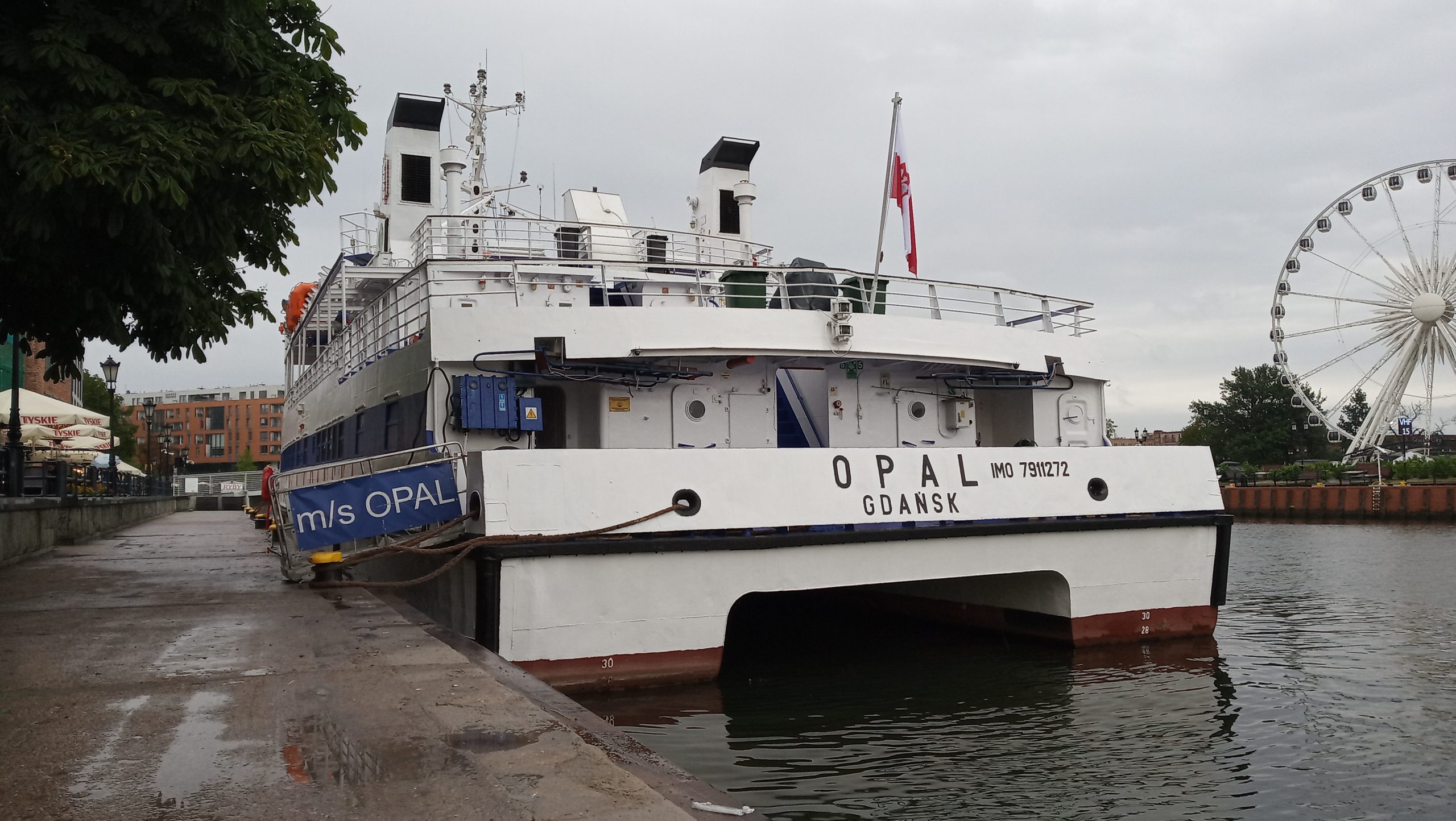
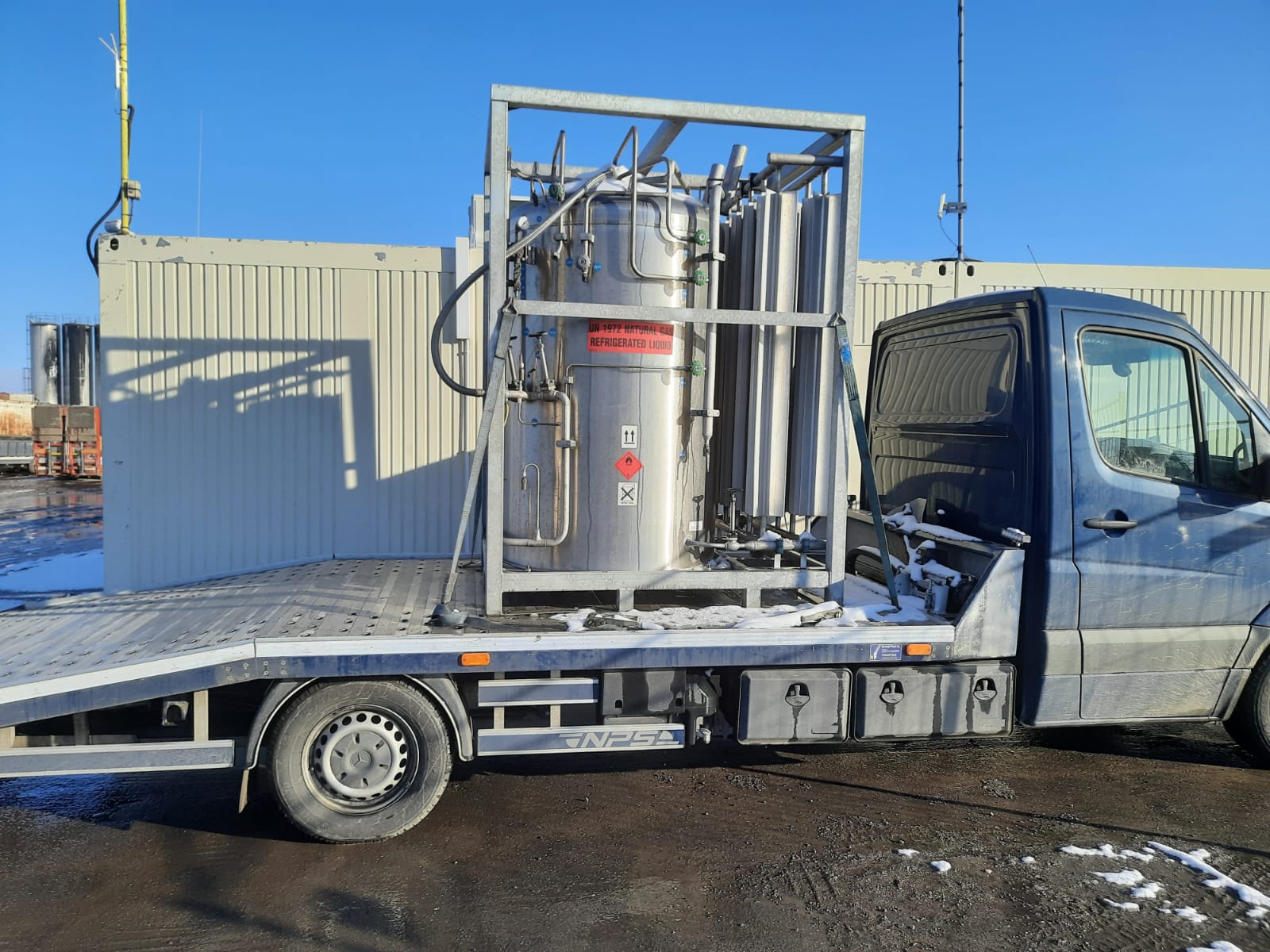
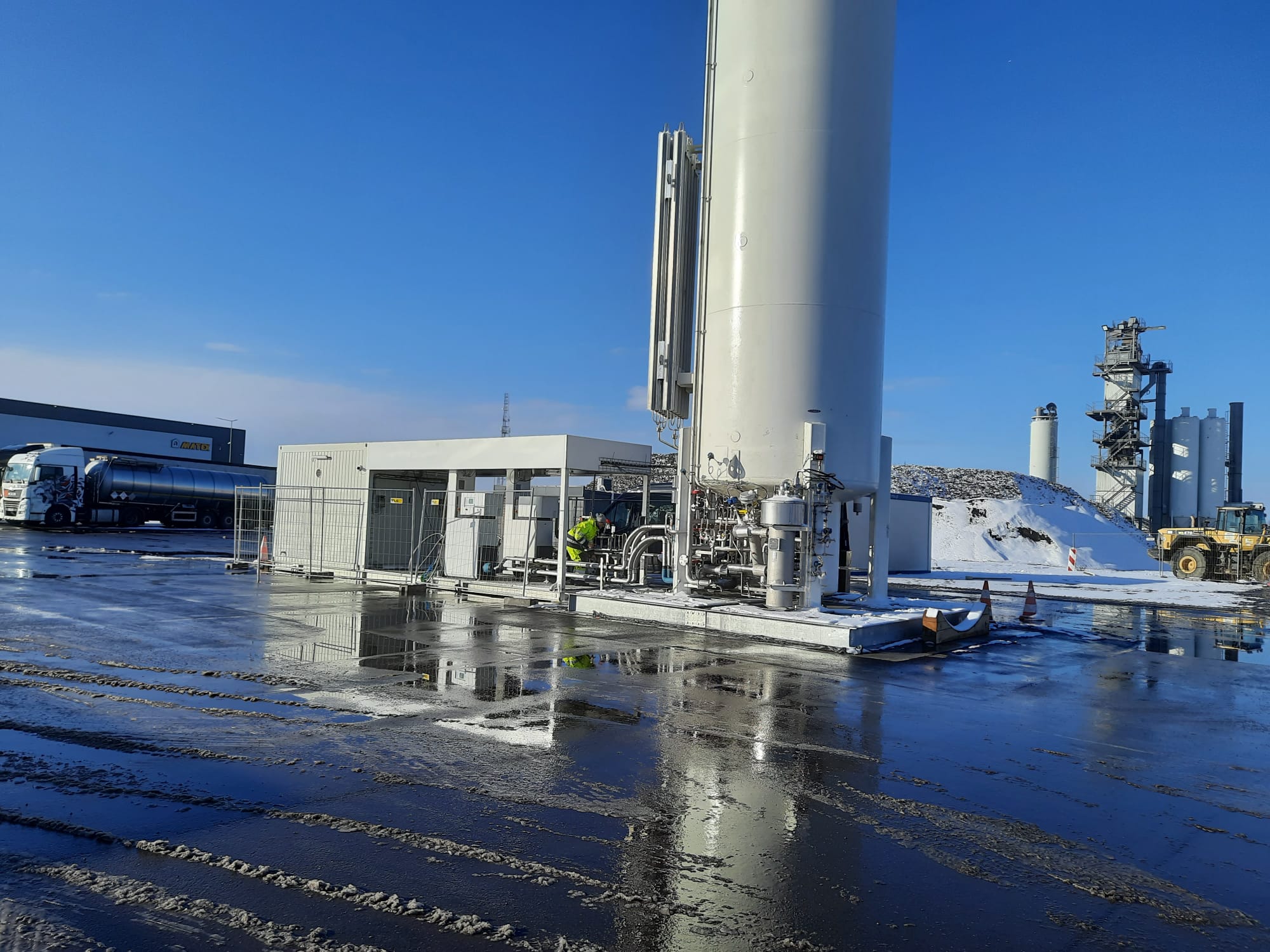

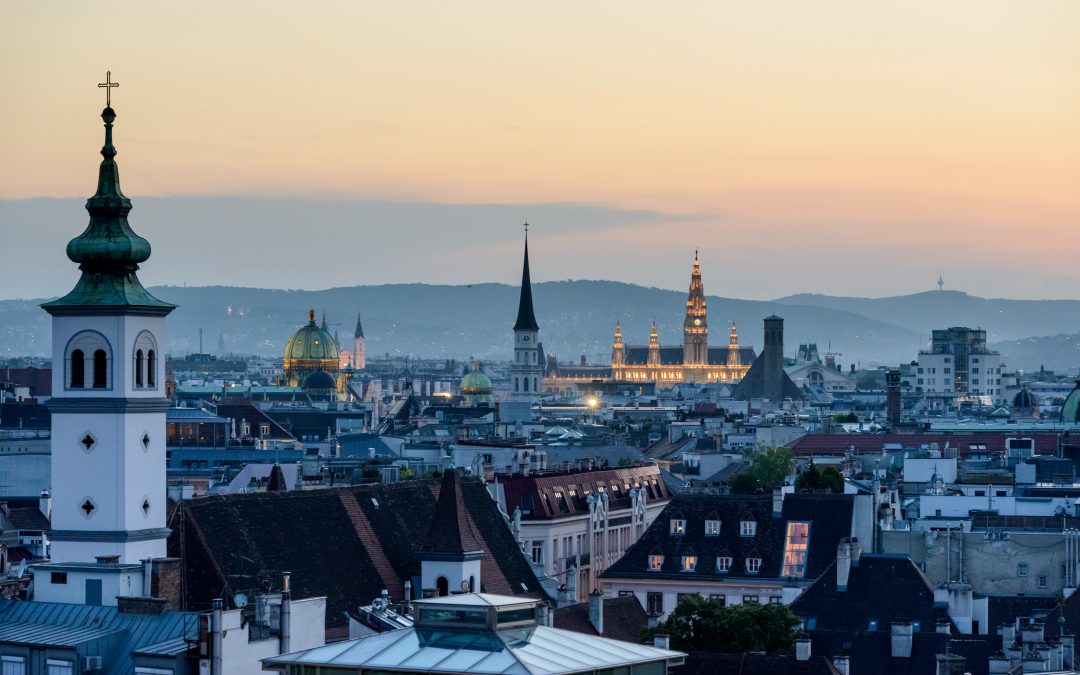
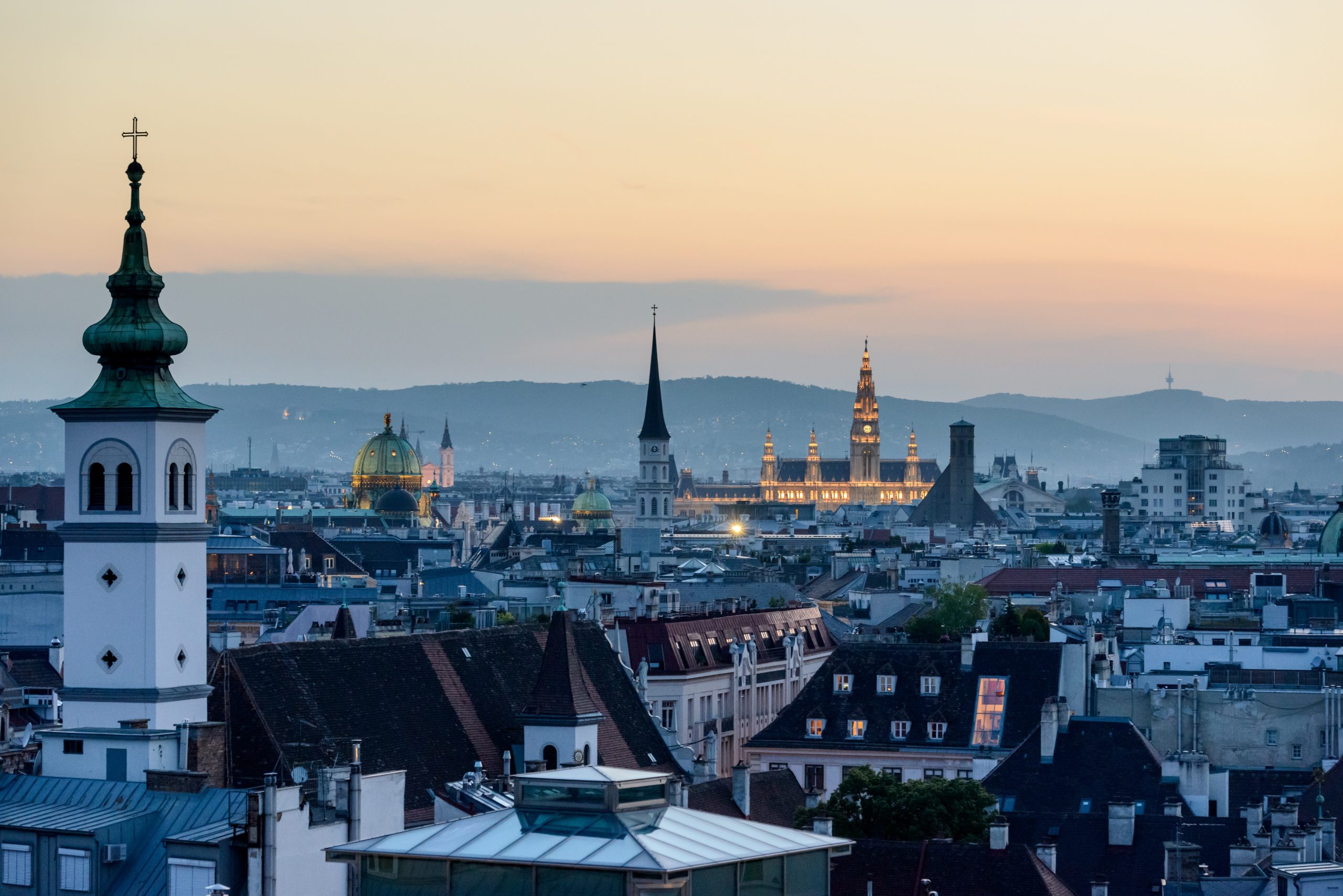
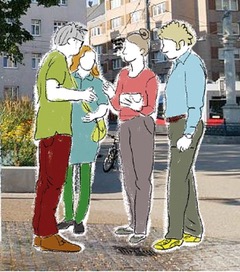
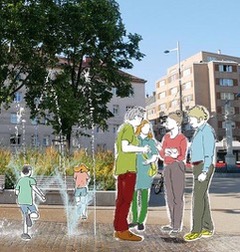
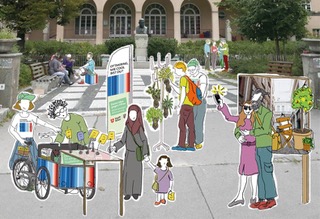
Recent Comments